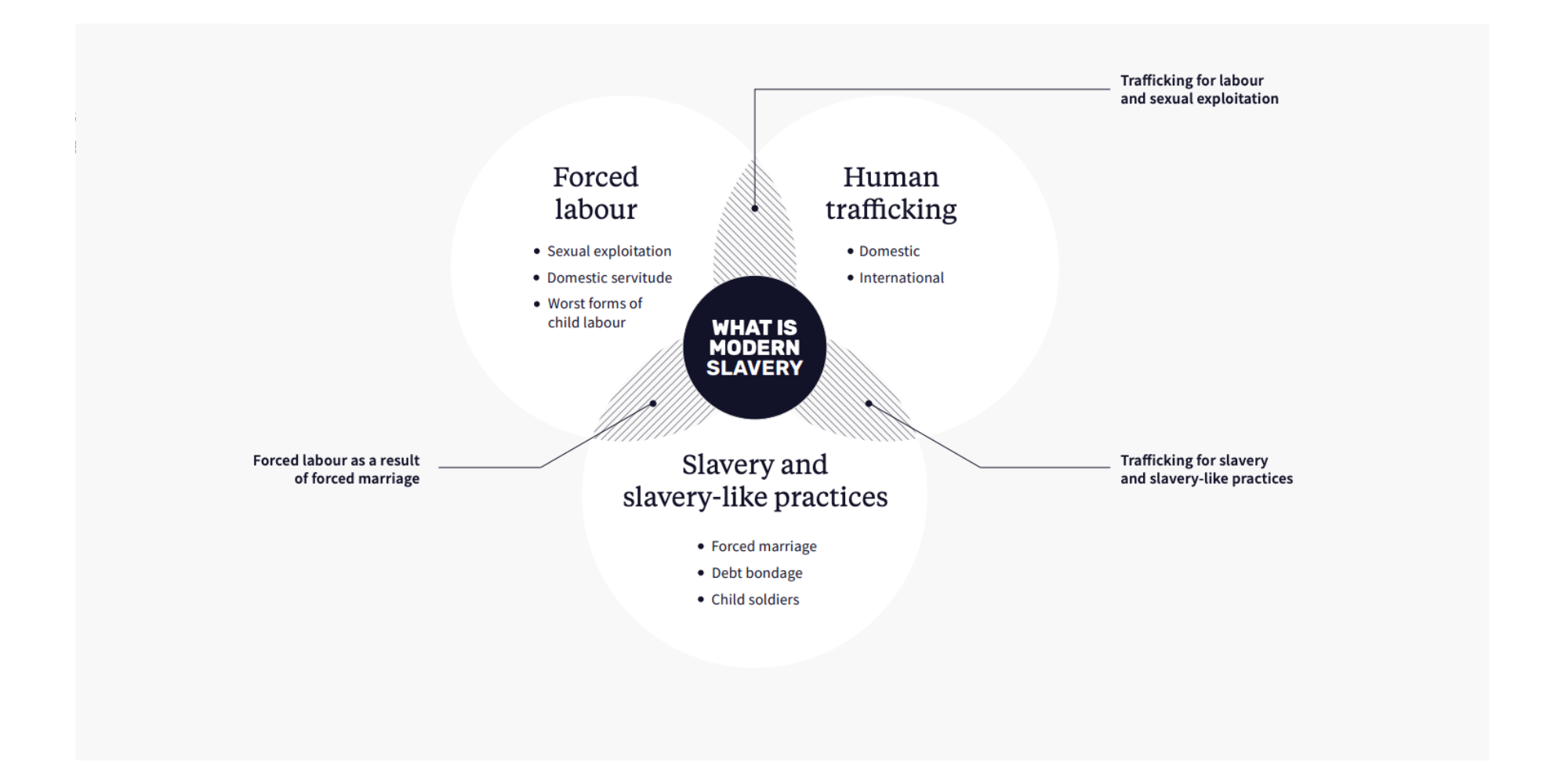
As the landscape of corporate social responsibility continues to evolve, and ESG continues its trajectory as a key strategic objective, businesses must remain committed and vigilant in addressing modern slavery risks.
In Australia, the Modern Slavery Act 2018 (Cth) (Modern Slavery Act) establishes national modern slavery reporting requirements and requires many large companies based, or operating, in Australia, to report annually on the risks of modern slavery practices in their operations and supply chains, and on the actions the company has taken to address those risks.
A review into the Modern Slavery Act has recently concluded, with the release of the Modern Slavery Act Review report (MS Act Review Report) on May 25, 2023. The MS Act Review Report contains a number of proposals to strengthen and extend the modern slavery compliance requirements.
If the recommendations from the MS Act Review Report are adopted by the Federal Government, more businesses will need to establish a robust strategy to address the risk of around modern slavery in its operations and supply chains. In particular, business will need to implement thorough supplier due diligence systems..
What Is ‘modern slavery & what role does business play in combatting it?
In addition to the MS Act Review Report being released, Walk Free has recently published its fifth edition of the Global Slavery Index Report 2023 (GSI Report). This GSI Report, includes findings that there were over 50 million people on any given day in 2021 around the world living in modern slavery, an increase of 10 million since 2018: 28 million people were in forced labour, and 12 million were children. Page 10 of the GSI Report also includes a list of countries with the highest prevalence of modern slavery.
Although Australia is not included in the list of countries with the highest prevalence of modern slavery, Australian businesses need to be aware that supply chains are a critical risk. In the GSI Report findings, it is estimated that Australia imported US $17.4 billion ‘at risk’ goods in a 12-month period.
To better understand the role that business plays in helping to combat modern slavery, it is important for organisations to thoroughly understand what modern slavery is. Modern slavery includes forced labour, human trafficking and slavery or slavery-like practices. For the purposes of the Australian Modern Slavery Act, ‘modern slavery’ describes situations where offenders use coercion, threats or deception to exploit victims and undermine their freedom.
Under the Modern Slavery Act, modern slavery includes 8 types of ‘serious exploitation: servitude; forced marriage; deceptive recruiting; trafficking in persons; debt bondage; forced labour; the worst forms of child labour; and slavery.
Image Source: Walk Free 2023, The Global Slavery Index 2023, Minderoo Foundation, available from: Global Slavery Index Report 2023
The Modern Slavery Act Review Report Recommendations
Currently, the Modern Slavery Act requires Australian entities that have an annual consolidated revenue of over AUD100M (Reporting Entities) to submit an annual Modern Slavery Statement. This Modern Slavery Statement must describe the entity’s actions to assess and address modern slavery risks in its operations and supply chain.
The MS Act Review Report made 30 recommendations for Government consideration, including:
- amendments to the Modern Slavery Act, such as the threshold and scope of entity reporting;
- introducing penalties for specific non-compliance;
- expanding guidance material; and
- the role of the Anti-Slavery Commissioner in relation to the Modern Slavery Act.
To summarise, some of the key recommendations in the MS Act Review Report include proposals to:
- lower the threshold for a ‘Reporting Entity’ under the Modern Slavery Act (i.e. an entity required to submit a Modern Slavery Statement) to AUD50M (consolidated revenue for the reporting period) (recommendation 4);
- add new mandatory reporting criteria (recommendation 8) that would require a Reporting Entity to report on:
- modern slavery incidents or risks identified by the entity during the reporting period;
- grievance and complaint mechanisms made available by the entity to staff members and other people; and
- internal and external consultation undertaken by the entity during the reporting period on modern slavery;
- amend the Modern Slavery Act to provide that a Reporting Entity be required to have a due diligence system that meets requirements prescribed in legislative rules (with the Modern Slavery Statement to include activities undertaken by the entity in accordance with that system);
- amend the Modern Slavery Act to provide that it would be an offence for a Reporting Entity (recommendation 20) to:
- fail without reasonable excuse to submit a Modern Slavery Statement within required timeframes;
- knowingly include materially false information in a Modern Slavery Statement;
- fail to comply with a Ministerial request to take remedial action to comply;
- fail to have a due diligence system in place that meets requirements set out in legislative rules;
- consider providing an optional template (for use by Reporting Entities to record that they have complied with the approval and signature requirements in the Modern Slavery Act (recommendation 16);
- amend the Modern Slavery Act to include provisions to provide that the Minister or Anti-Slavery Commissioner may make a written declaration of a region, location, industry, product, supplier or supply chain that is regarded as carrying a high modern slavery risk (recommendation 27).
The Next Steps for Your Business: A Modern Slavery Strategy
Businesses operating in Australia that do not yet meet the current thresholds for a Reporting Entity but are generating an annual consolidated revenue of AUD50M should carefully evaluate the practical implications of becoming a Reporting Entity under the legislation. This assessment should include considering the potential impact on the company’s operations, such as undertaking modern slavery risk mapping and providing staff training on modern slavery risks. These proactive measures will contribute to a comprehensive approach to addressing modern slavery concerns and enhance your due diligence activities around ESG.
When adopting a Modern Slavery Strategy for your organisation, it will be important to:
- monitor developments in legislative amendments (i.e. to the Modern Slavery Act), legislative rules and associated guidance;
- incorporate any new requirements into the supplier due diligence process (e.g. if/when the new legislative rules proposed in the MS Act Review Report regarding due diligence are introduced);
- begin exploring methods for capturing modern slavery incidents or risks identified during the reporting period (in anticipation of recommendation 8 in the MS Act Review Report being implemented).
At PB, we have extensive experience providing advice on modern slavery compliance measures and can support you in developing a Modern Slavery Strategy for your organisation. Contact us to discuss how we can help you prepare your business today.
Products & Services
1300 774 788
service@peripheralblue.com.au
Suite 17, 116-120 Melbourne St, Nth Adelaide, SA 5006
© 2023 Peripheral Blue | All Rights Reserved | ABN 61855198272 Privacy Policy | Terms & Conditions
Products & Services
1300 774 788
service@peripheralblue.com.au
Suite 17, 116-120 Melbourne St, Nth Adelaide, SA 5006
© 2023 Peripheral Blue | All Rights Reserved
ABN 61855198272

